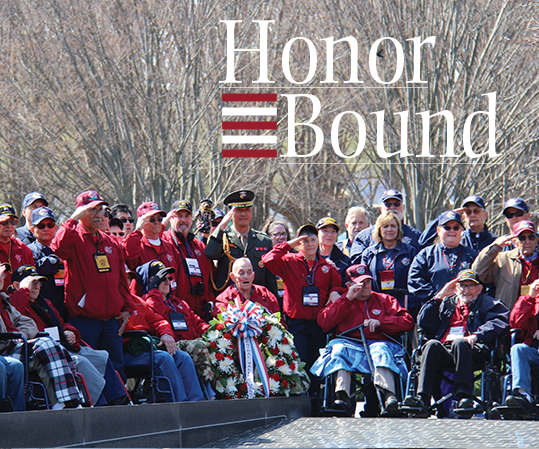Miracles by definition are extraordinary events or actions that create feelings of surprise for those who witness and experience them. Walking on water and cheating death against all odds are examples that tend to foot the bill, but sometimes miracles aren't as conspicuous. For some, the ability to play a game of baseball is a miracle unto itself.
Dalton Battcher is one such example. Born with cerebral palsy, hydrocephalus, scoliosis and other disabilities, playing baseball or any other sport didn't seem to be a viable option. There just seemed to be too many barriers to overcome.
But that reality was quickly shattered when Dalton's father, Terry, discovered the Visalia Miracle League. Played on a field specifically designed for the disabled, the Miracle League proved to be a place free of obstacles that allowed disabled children to do something once thought impossible — play baseball.
“That was my inspiration, to see the other kids remove the barriers,” Terry said.
It was only natural then that when the Battchers moved to Denair in 2005 Terry began looking for a similar recreation opportunity in the area, but there were none. That's when Terry and a group of area residents decided to create the opportunity themselves, establishing the Miracle League of Stanislaus County in 2008, and embarking and what has become a seven-year journey to bring a Miracle League field to Modesto.
“I wanted to build a field for him to play on and for other families to be a part of that,” Terry, the current president of the Miracle League of Stanislaus County said. “The plan was to build a field for kids like my son that could be a part of the Miracle League and to also bring families together where they can convene with other families of kids with disabilities.”
Partnered with the Society for disABILITIES, the Miracle League of Stanislaus County has already raised more than $1 million and secured a $250,000 matching grant from the City of Modesto to fund the project. That leaves roughly $100,000 of funds left to be raised in order to begin construction on the site this June.
“We've had a lot of interest. Over the last five to seven years I've been getting parents calling me asking about how soon we can get the league up and going and how soon they can be a part of it,” Terry said. “We've been trying to ask people to be very patient as we try to get the funds raised.”
Once the target of $1.7 million is raised, the custom-designed field will begin to take shape on the corner of Pelandale Avenue and Tully Road near Big Valley Grace Church. The field will feature a rubberized surface that will be able to accommodate wheelchairs and other assistive devices that would typically be rendered useless on traditional baseball fields. It will be the first Miracle League field to be established in the northern San Joaquin Valley and the only recreation facility in Modesto fully devoted to the disabled.
“What this does is it gives them a place to play. It's another program that we can offer our disabled citizens,” Interim Director of Modesto's Parks and Recreation Department Andy Johnson said. “For a lot of these kids, it might be their only recreation opportunity.”
“It brings a place where kids with disabilities become praised for their abilities,” Terry said.
There's already been a swell of enthusiasm from local families of disabled children, but that swell is expected to become a tidal wave once the facility is completed. With 1,290 children from the ages of 5 to 18 currently enrolled in special education classes at Modesto City Schools, and as much as 9 percent of the city's youth diagnosed with at least one disability, Terry says there will be no problem fielding enough teams for the league, especially considering the fact that Miracle League fields have been shown to attract families from as far as 60 miles away who are willing to travel to participate.
“We're anticipating at least 12 teams with 12 players on each team,” Terry said. “But there could be as many as 300 players.”
Once the field is constructed, the teams are created, and the rosters are filled, the real magic happens. That's when miracles are born with each swing of the bat and toss of the ball. There are no outs nor are there strikes in the Miracle League, and each disabled player competes alongside an able-bodied buddy who will help with running bases and fielding balls. As Terry puts it, “everybody in the Miracle League scores.
“It gives them a sense of community with other able-bodied kids that don't have disabilities. It's a chance to high five the shortstop on the baseball team at the high school, they become one playing together,” Terry said.
Interested donors and potential participants are encouraged to visit
www.themiracleleague.comfor more information.
“Every dollar we can obtain gives us two dollars from the City of Modesto's matching funds. So it's important that we get every single person to donate that has an interest to help get this field completed,” Terry said.
If enough donations are received in time — which Terry fully believes will happen — the Miracle League of Stanislaus County is expected to begin operation in spring 2016. As for Dalton, he's having reconstructive leg surgery which will keep him in a full body cast for eight weeks. But by the spring, when the plaster of his cast is long forgotten, Dalton will be back on a Miracle League field, sharing the moment with a new community.





